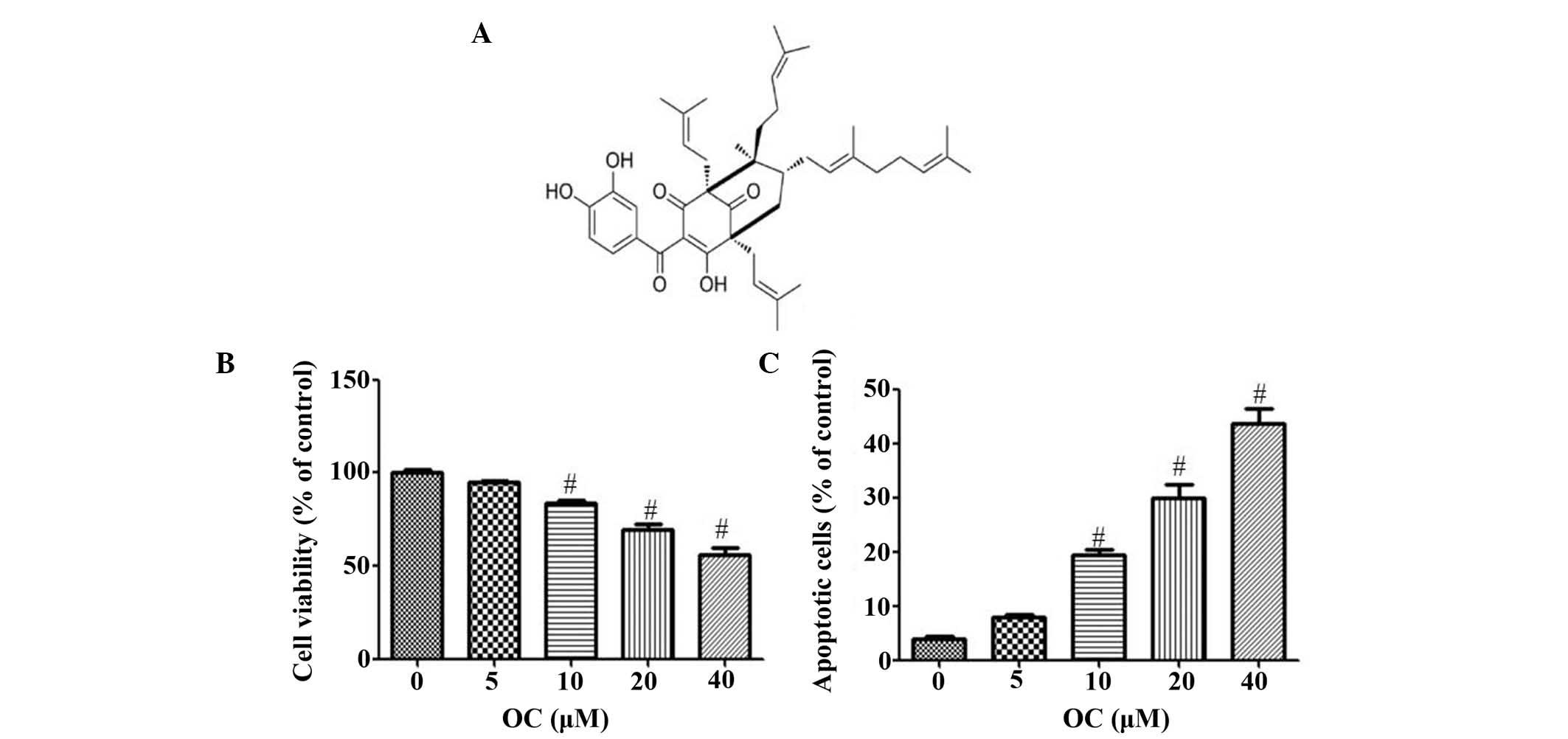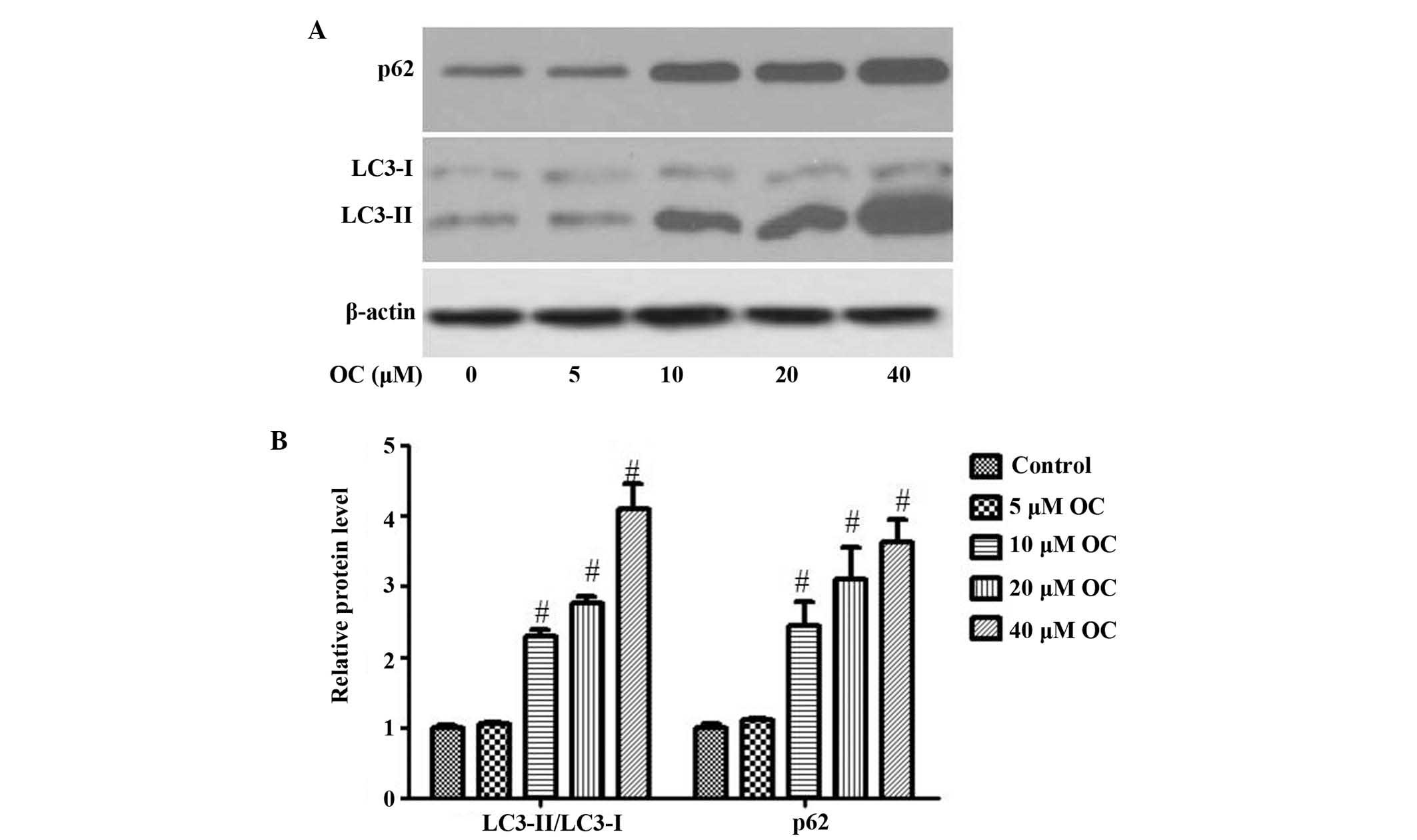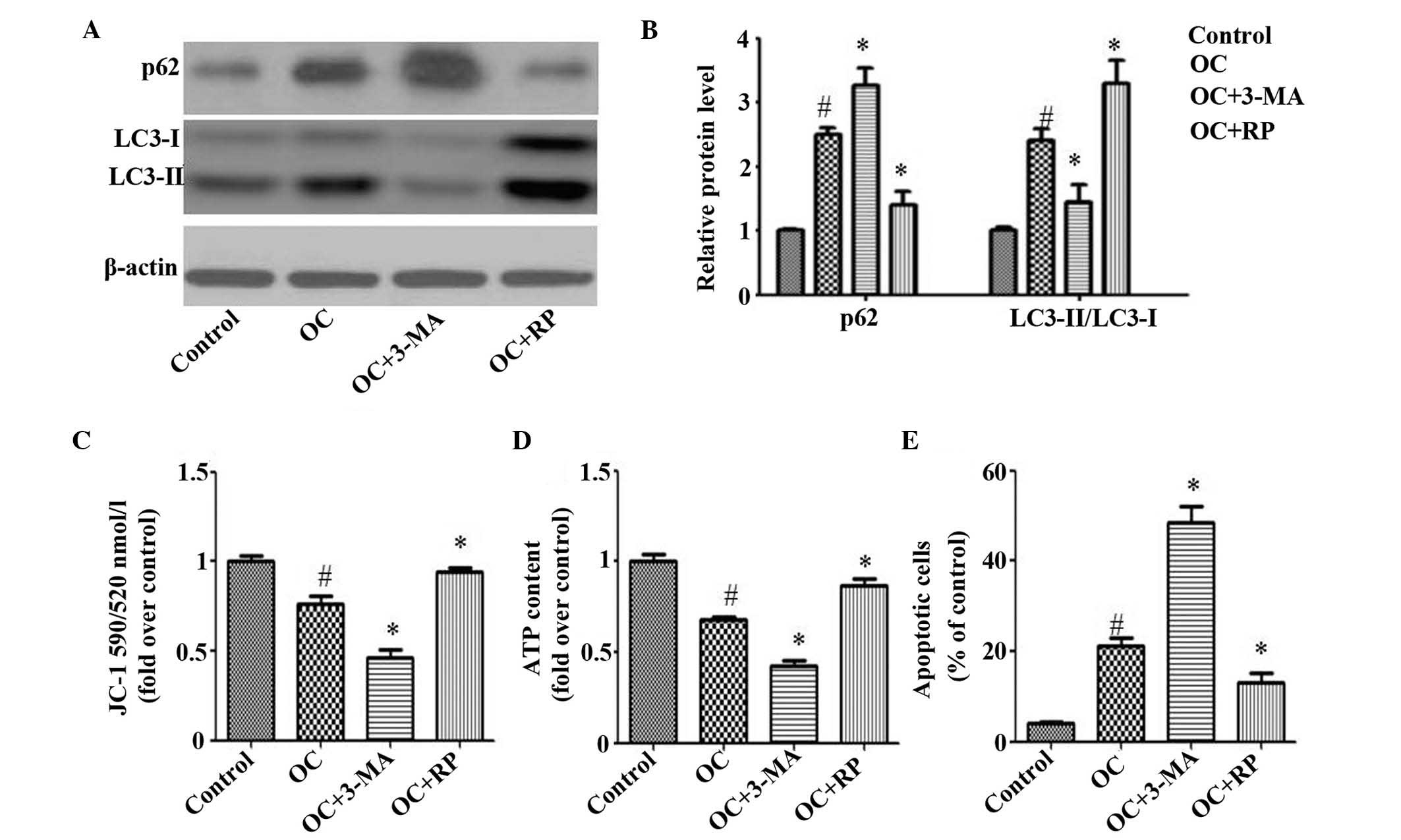|
1
|
Shaib YH, Davila JA, McGlynn K and
El-Serag HB: Rising incidence of intrahepatic cholangiocarcinoma in
the United States: A true increase? J Hepatol. 40:472–477. 2004.
View Article : Google Scholar : PubMed/NCBI
|
|
2
|
Landis SH, Murray T, Bolden S and Wingo
PA: Cancer statistics, 1998. CA Cancer J Clin. 48:6–29. 1998.
View Article : Google Scholar : PubMed/NCBI
|
|
3
|
Mittal B, Deutsch M and Iwatsuki S:
Primary cancers of extrahepatic biliary passages. Int J Radiat
Oncol Biol Phys. 11:849–854. 1985. View Article : Google Scholar : PubMed/NCBI
|
|
4
|
Pitt HA, Nakeeb A, Abrams RA, Coleman J,
Piantadosi S, Yeo CJ, Lillemore KD and Cameron JL: Perihilar
cholangiocarcinoma. Postoperative radiotherapy does not improve
survival. Ann Surg. 221:788–797; discussion 797–798. 1995.
View Article : Google Scholar : PubMed/NCBI
|
|
5
|
Boerma EJ: Research into the results of
resection of hilar bile duct cancer. Surgery. 108:572–580.
1990.PubMed/NCBI
|
|
6
|
White E: Deconvoluting the
context-dependent role for autophagy in cancer. Nat Rev Cancer.
12:401–410. 2012. View
Article : Google Scholar : PubMed/NCBI
|
|
7
|
Kim MJ, Choi OK, Chae KS, Kim MK, Kim JH,
Komatsu M, Tanaka K, Lee H, Chung SS, Kwak SH, et al: Mitochondrial
complexes I and II are more susceptible to autophagy deficiency in
mouse β-cells. Endocrinol Metab (Seoul). 30:65–70. 2015. View Article : Google Scholar
|
|
8
|
Dhingra R and Kirshenbaum LA: Regulation
of mitochondrial dynamics and cell fate. Circ J. 78:803–810. 2014.
View Article : Google Scholar : PubMed/NCBI
|
|
9
|
Kang YJ, Park KK, Chung WY, Hwang JK and
Lee SK: Xanthorrhizol, a natural sesquiterpenoid, induces apoptosis
and growth arrest in HCT116 human colon cancer cells. J Pharmacol
Sci. 111:276–284. 2009. View Article : Google Scholar : PubMed/NCBI
|
|
10
|
Chang JS, Lee SW, Kim MS, Yun BR, Park MH,
Lee SG, Park SJ, Lee WS and Rho MC: Manassantin A and B from
Saururus chinensis inhibit interleukin-6-induced signal transducer
and activator of transcription 3 activation in Hep3B cells. J
Pharmacol Sci. 115:84–88. 2011. View Article : Google Scholar : PubMed/NCBI
|
|
11
|
Feng C, Zhou LY, Yu T, Xu G, Tian HL, Xu
JJ, Xu HX and Luo KQ: A new anticancer compound, oblongifolin C,
inhibits tumor growth and promotes apoptosis in HeLa cells through
Bax activation. Int J Cancer. 131:1445–1454. 2012. View Article : Google Scholar
|
|
12
|
Lao Y, Wan G, Liu Z, Wang X, Ruan P, Xu W,
Xu D, Xie W, Zhang Y, Xu H and Xu N: The natural compound
oblongifolin C inhibits autophagic flux and enhances antitumor
efficacy of nutrient deprivation. Autophagy. 10:736–749. 2014.
View Article : Google Scholar : PubMed/NCBI
|
|
13
|
Acton BM, Jurisicova A, Jurisica I and
Casper RF: Alterations in mitochondrial membrane potential during
preimplantation stages of mouse and human embryo development. Mol
Hum Reprod. 10:23–32. 2004. View Article : Google Scholar
|
|
14
|
Mao WP, Ye JL, Guan ZB, Zhao JM, Zhang C,
Zhang NN, Jiang P and Tian T: Cadmium induces apoptosis in human
embryonic kidney (HEK) 293 cells by caspase-dependent and
-independent pathways acting on mitochondria. Toxicol In Vitro.
21:343–354. 2007. View Article : Google Scholar
|
|
15
|
He W, Wang B, Zhuang Y, Shao D, Sun K and
Chen J: Berberine inhibits growth and induces G1 arrest and
apoptosis in human cholangiocarcinoma QBC939 cells. J Pharmacol
Sci. 119:341–348. 2012. View Article : Google Scholar : PubMed/NCBI
|
|
16
|
Fukuda T, Oda K, Wada-Hiraike O, Sone K,
Inaba K, Ikeda Y, Miyasaka A, Kashiyama T, Tanikawa M, Arimoto T,
et al: The anti-malarial chloroquine suppresses proliferation and
overcomes cisplatin resistance of endometrial cancer cells via
autophagy inhibition. Gynecol Oncol. 137:538–545. 2015. View Article : Google Scholar : PubMed/NCBI
|
|
17
|
Jiang L, Zhao MN, Liu TY, Wu XS, Weng H,
Ding Q, Shu YJ, Bao RF, Li ML, Mu JS, et al: Bufalin induces cell
cycle arrest and apoptosis in gallbladder carcinoma cells. Tumour
Biol. 35:10931–10941. 2014. View Article : Google Scholar : PubMed/NCBI
|
|
18
|
Sharma N, Thomas S, Golden EB, Hofman FM,
Chen TC, Petasis NA, Schönthal AH and Louie SG: Inhibition of
autophagy and induction of breast cancer cell death by mefloquine,
an antimalarial agent. Cancer Lett. 326:143–154. 2012. View Article : Google Scholar : PubMed/NCBI
|
|
19
|
Egger ME, Huang JS, Yin W, McMasters KM
and McNally LR: Inhibition of autophagy with chloroquine is
effective in melanoma. J Surg Res. 184:274–281. 2013. View Article : Google Scholar : PubMed/NCBI
|
|
20
|
Schonewolf CA, Mehta M, Schiff D, Wu H,
Haffty BG, Karantza V and Jabbour SK: Autophagy inhibition by
chloroquine sensitizes HT-29 colorectal cancer cells to concurrent
chemoradiation. World J Gastrointest Oncol. 6:74–82.
2014.PubMed/NCBI
|
|
21
|
Liu F, Shang Y and Chen SZ: Chloroquine
potentiates the anti-cancer effect of lidamycin on non-small cell
lung cancer cells in vitro. Acta Pharmacol Sin. 35:645–652. 2014.
View Article : Google Scholar : PubMed/NCBI
|
|
22
|
Hall AM and Unwin RJ: The not so 'mighty
chondrion': Emergence of renal diseases due to mitochondrial
dysfunction. Nephron Physiol. 105:p1–p10. 2007. View Article : Google Scholar
|
|
23
|
Hagiwara M, Yamagata K, Capaldi RA and
Koyama A: Mitochondrial dysfunction in focal segmental
glomerulosclerosis of puromycin aminonucleoside nephrosis. Kidney
Int. 69:1146–1152. 2006. View Article : Google Scholar : PubMed/NCBI
|


















